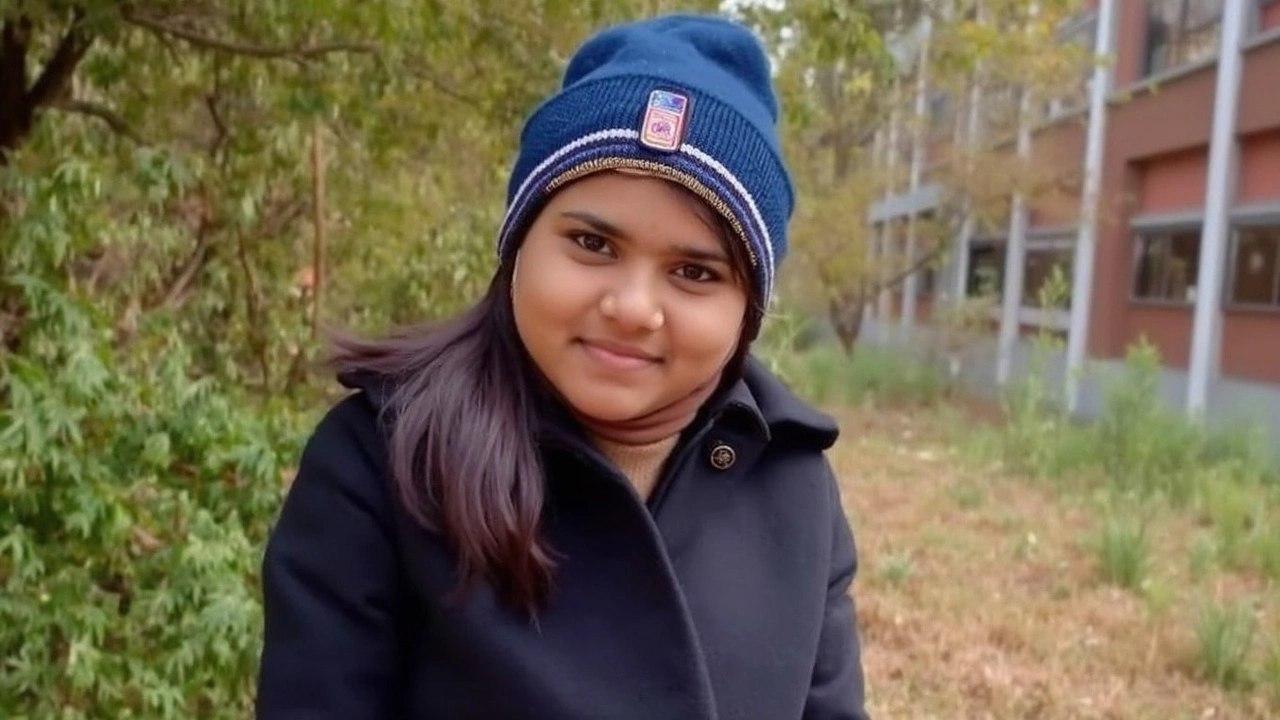Organ Donation: What It Is and Why It Matters
Ever wonder why some people talk about organ donation like it’s a big mystery? It’s actually simple. When a person passes away or is on life support, doctors can use healthy organs—like a heart, kidney, or liver—to give a new chance at life to someone else. One donor can save up to eight lives, and that’s a huge impact.
How to Register as an Organ Donor
Signing up is easier than you think. In India, you can register on the National Organ & Tissue Transplant Organisation portal, or add a donor note on your driving licence. Most states also let you fill out a simple form at hospitals. Keep a copy of the paperwork at home and tell your family— they’ll need to know your wishes when the time comes.
Common Myths That Hold People Back
Myth #1: "Donors can’t have an open‑casket funeral." Wrong. Most of the body stays intact, and families can still have a traditional viewing.
Myth #2: "Only young people can donate." Not true. People of many ages can donate different organs. Even a teen can give a liver segment or a kidney.
Myth #3: "Religion forbids donation." Many faiths actually encourage it as an act of kindness. If you’re unsure, talk to a local religious leader.
Understanding these myths helps you talk to family and friends without the usual fear. When everyone knows the facts, the decision becomes clearer.
Now, let’s look at the actual process. When a potential donor is identified, a transplant coordinator checks medical suitability. If everything lines up, surgeons quickly retrieve the organs—usually within a few hours of brain death. Speed matters because organs like the heart need to be transplanted within four to six hours.
After the surgery, the recipient’s team monitors recovery closely. Most organ recipients feel a huge improvement in quality of life. They often return to work, school, or regular activities within months. That’s the real reward for donors and families.
If you’re not ready to sign up, you can still help. Spread the word on social media, talk to your workplace about donor drives, or volunteer at local hospitals. Simple actions like sharing a fact or posting a picture of your donor card can spark a conversation that leads to more registrations.
Remember, organ donation isn’t a one‑time act. It’s a community effort that begins with a single decision. By registering, you give a gift that lasts a lifetime—maybe even multiple lifetimes. So, grab that form, talk to your family, and make the choice today.
Gujarat Class 10 Topper Heer Ghetiya Dies After Brain Hemorrhage, Family Donates Her Organs
Heer Ghetiya, a 16-year-old Gujarat Class 10 topper from Morbi, passed away just days after achieving a remarkable 99.70% score due to a brain hemorrhage. Her parents honored her dream to help others by donating her eyes, kidneys, and body to medical institutions and a hospital.
